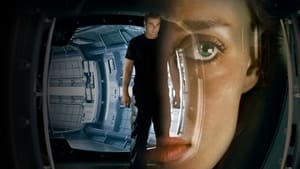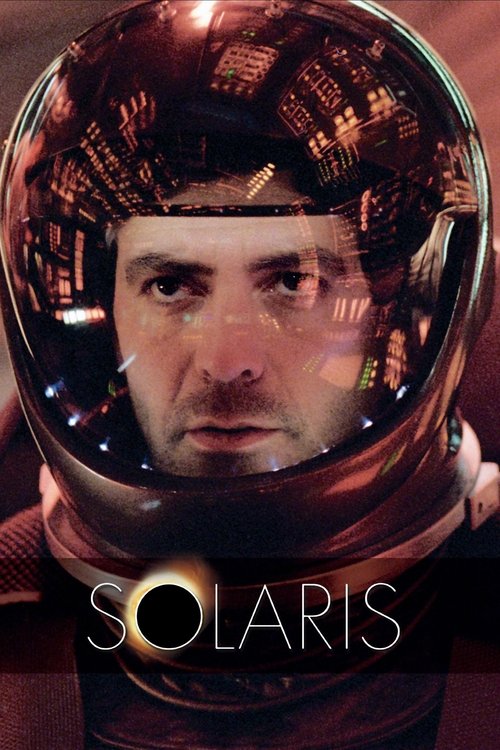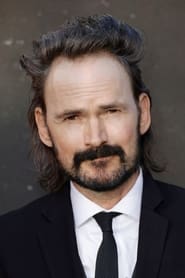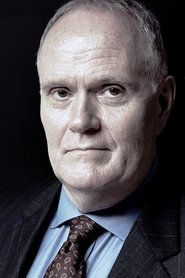Cast
View AllGeorge Clooney
as Chris Kelvin
Natascha McElhone
as Rheya
Viola Davis
as Gordon
Jeremy Davies
as Snow
Ulrich Tukur
as Gibarian
Michael Ensign
as Friend
John Cho
as DBA Emissary
Morgan Rusler
as DBA Emissary
Shane Skelton
as Gibarian's Son
Donna Kimball
as Mrs. Gibarian
Elpidia Carrillo
as Friend
Kent Faulcon
as Patient
Lauren Cohn
as Patient
Jennie Baek
as Passenger (uncredited)
Tony Clemons
as Dinner Guest (uncredited)
Crew
Director
- Steven Soderbergh
Producer
- James Cameron
- Rae Sanchini
- Jon Landau
Reviews
LJ_989
This film is very dreamy and has a 2001 feel. The story is romantic and lends itself to an inevitable doom. The music is intertwined beautifully and the acting is phenomenal.
Apr 10, 2014
Thematic Analysis
As a dramatic work, Solaris examines complex human relationships and emotional struggles against the backdrop of contemporary challenges that mirror our own experiences. The character development particularly stands out, offering viewers a chance to reflect on their own life journeys.
Director Steven Soderbergh brings their distinctive visual style to this film, continuing their exploration of themes seen in their previous works while adding new elements. Their approach to character development and emotional depth creates a viewing experience that rewards close attention.
Released in 2002, the film exists within a cultural context that continues to evolve with our understanding of its themes. Its reception demonstrates the diverse reactions to its artistic choices and its place in cinema history.
Did You Know?
- The production of Solaris took approximately 8 months from pre-production to final cut.
- With a budget of $47.0 million, the film represented a significant investment in bringing this story to the screen.
- The final cut of the film runs for 99 minutes, though the director's initial assembly was reportedly 125 minutes long.
- The screenplay went through 7 major revisions before the final shooting script was approved.
- The musical score contains over 45 unique compositions.
- Some visual effects sequences took up to 5 months to complete.
Historical Context
- In 2002, when this film is released:
- Digital technology was disrupting traditional media and entertainment.
- The September 11 attacks changed global security and politics.
- Digital filmmaking technologies were transforming production processes and creating new opportunities.
How This Film Stands Out
While Solaris shares thematic elements with other films in its genre, it distinguishes itself through its unique approach to storytelling, visual style, and character development.
Unlike Baian the Assassin, which focuses more on action than character development, Solaris offers a fresh perspective through its innovative visual language and narrative structure.
While films like Tomorrow's Dining Table and In the Wake explore similar territory, Solaris stands apart through its deeper exploration of its central themes and more complex characterization.
This film's unique contribution to cinema lies in its bold artistic choices and willingness to challenge viewer expectations, making it a valuable addition to its genre.
Details
- Release Date: November 27, 2002
- Runtime: 1h 39m
- Budget: $47,000,000
- Revenue: $30,002,758




















